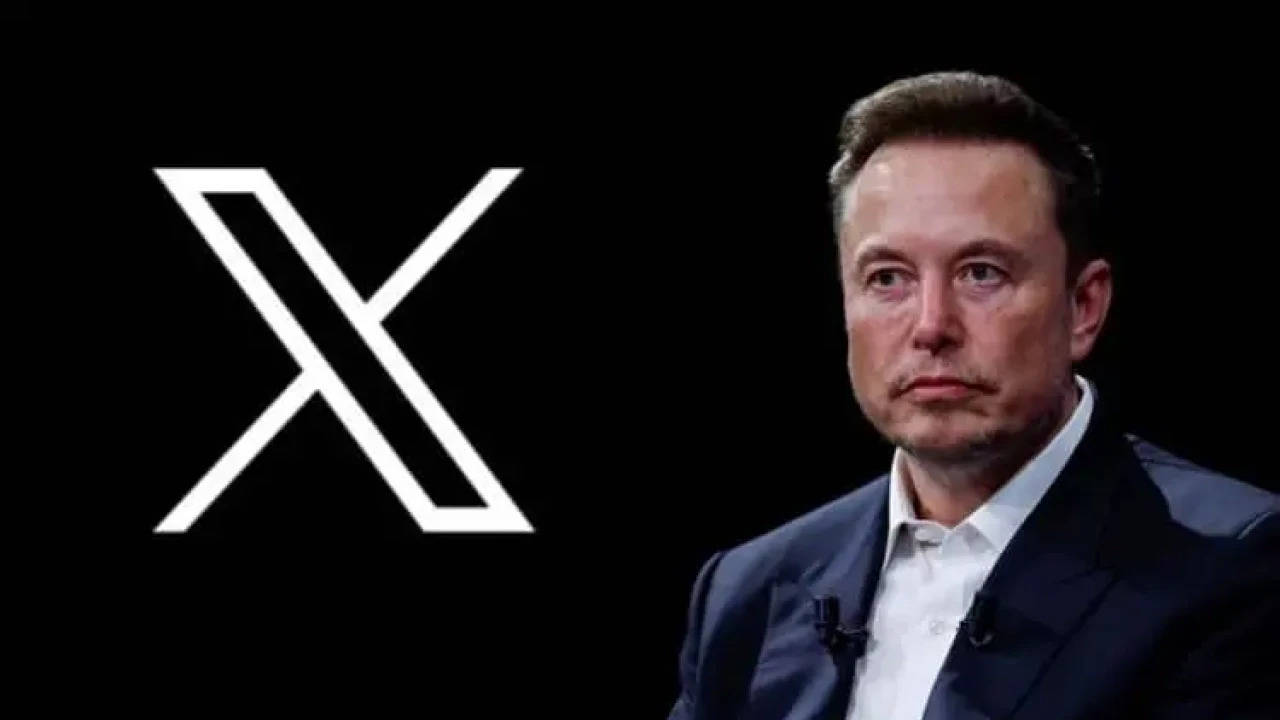
Elon Musk, the owner of X (formerly Twitter), has fiercely criticised a top Brazilian judge after the country's Supreme Court threatened to shut down the social media platform in Brazil. The clash centres around Musk's refusal to comply with what he describes as "illegal orders" from Judge Alexandre de Moraes, who Musk accused of attempting to censor political opponents.
In a heated post, Musk called Judge de Moraes "an evil dictator" and "a criminal," highlighting the growing tension between X and Brazil's legal system. The dispute began when the Supreme Court ordered X to block certain accounts and froze the local bank accounts of Musk's Starlink satellite internet company. The court's actions were part of an ongoing legal battle over the platform's compliance with Brazilian laws.
Musk argued that X is being unfairly targeted by the judge, claiming that the orders violate Brazil's own legal standards. “SpaceX and X are two completely different companies with different shareholders. I own about 40% of SpaceX, so this absolutely illegal action by the dictator @alexandre improperly punishes other shareholders and the people of Brazil,” Musk wrote in a post.
The billionaire also accused Judge de Moraes of threatening X's Brazilian legal representative with imprisonment, leading to her resignation and the freezing of her bank accounts. Musk contends that the judge's actions are a direct attack on free speech and are being carried out without proper legal justification.
X issued a statement expressing its concern over the potential shutdown, saying, “Soon, we expect Judge Alexandre de Moraes will order X to be shut down in Brazil – simply because we would not comply with his illegal orders to censor his political opponents.”
The company vowed to publish all of Judge de Moraes' demands and related court filings to ensure transparency. “Unlike other social media and technology platforms, we will not comply in secret with illegal orders,” X stated.
As the situation unfolds, Musk and X remain committed to protecting what they see as the fundamental right to free speech, both in Brazil and globally.

